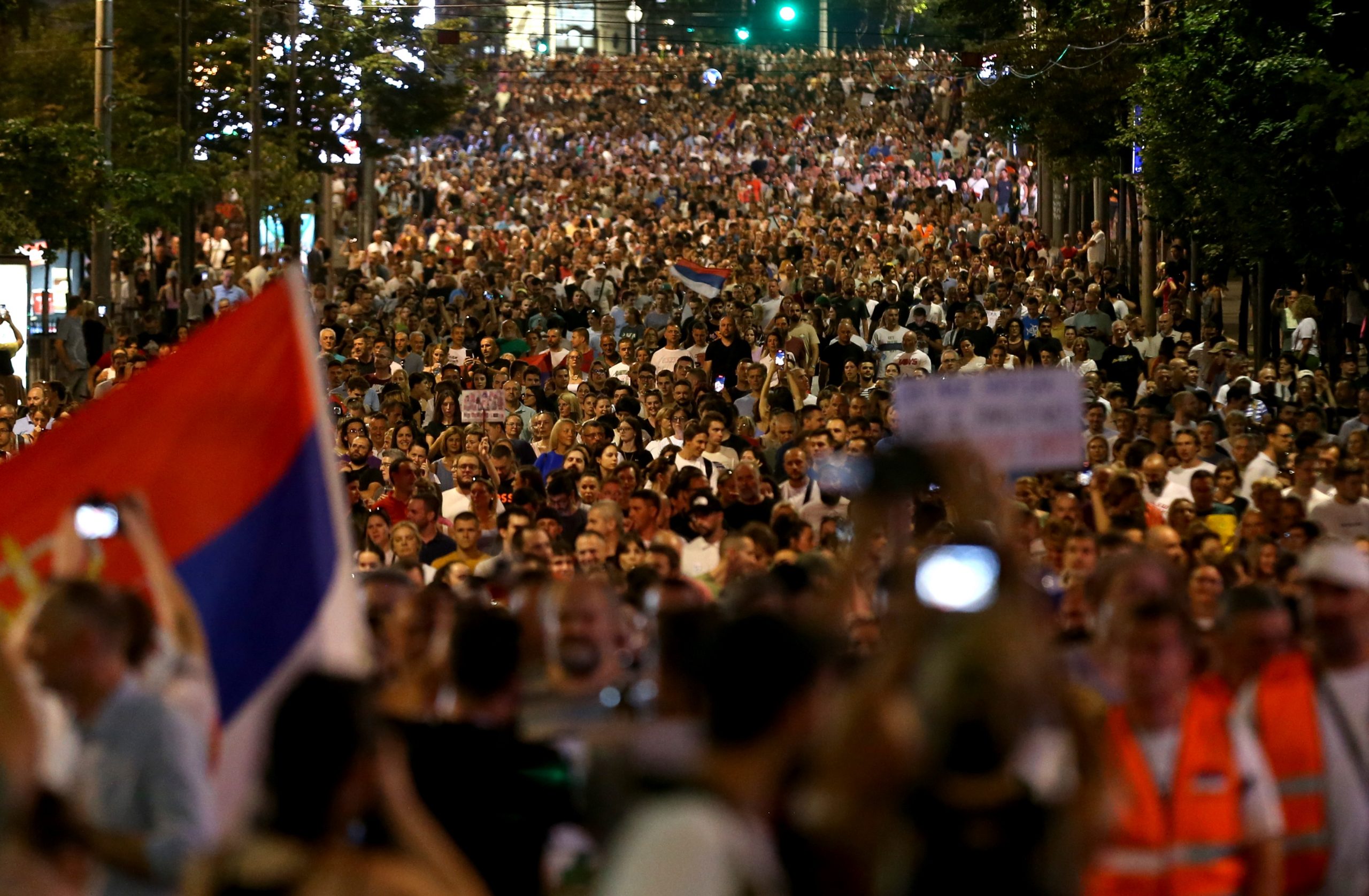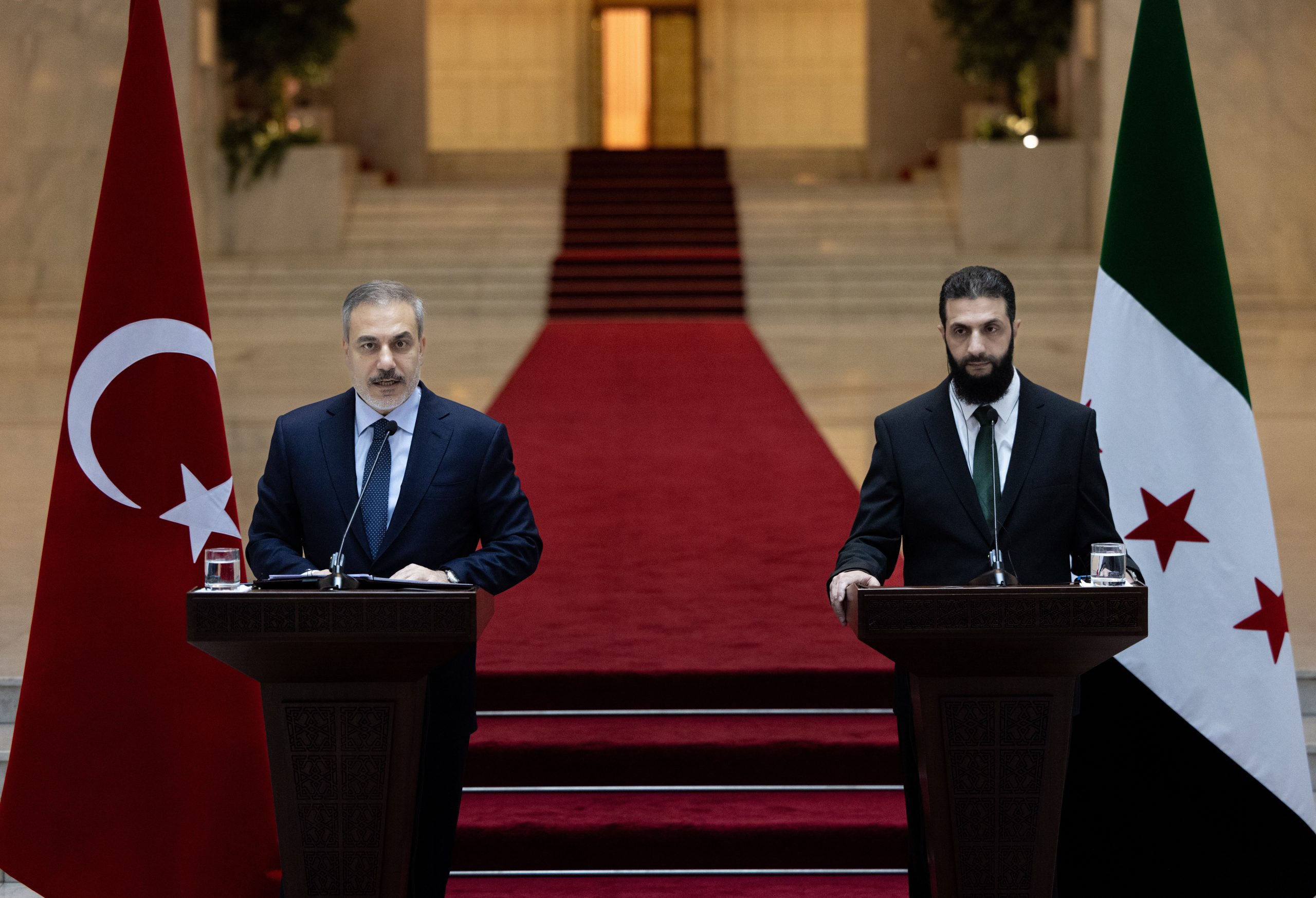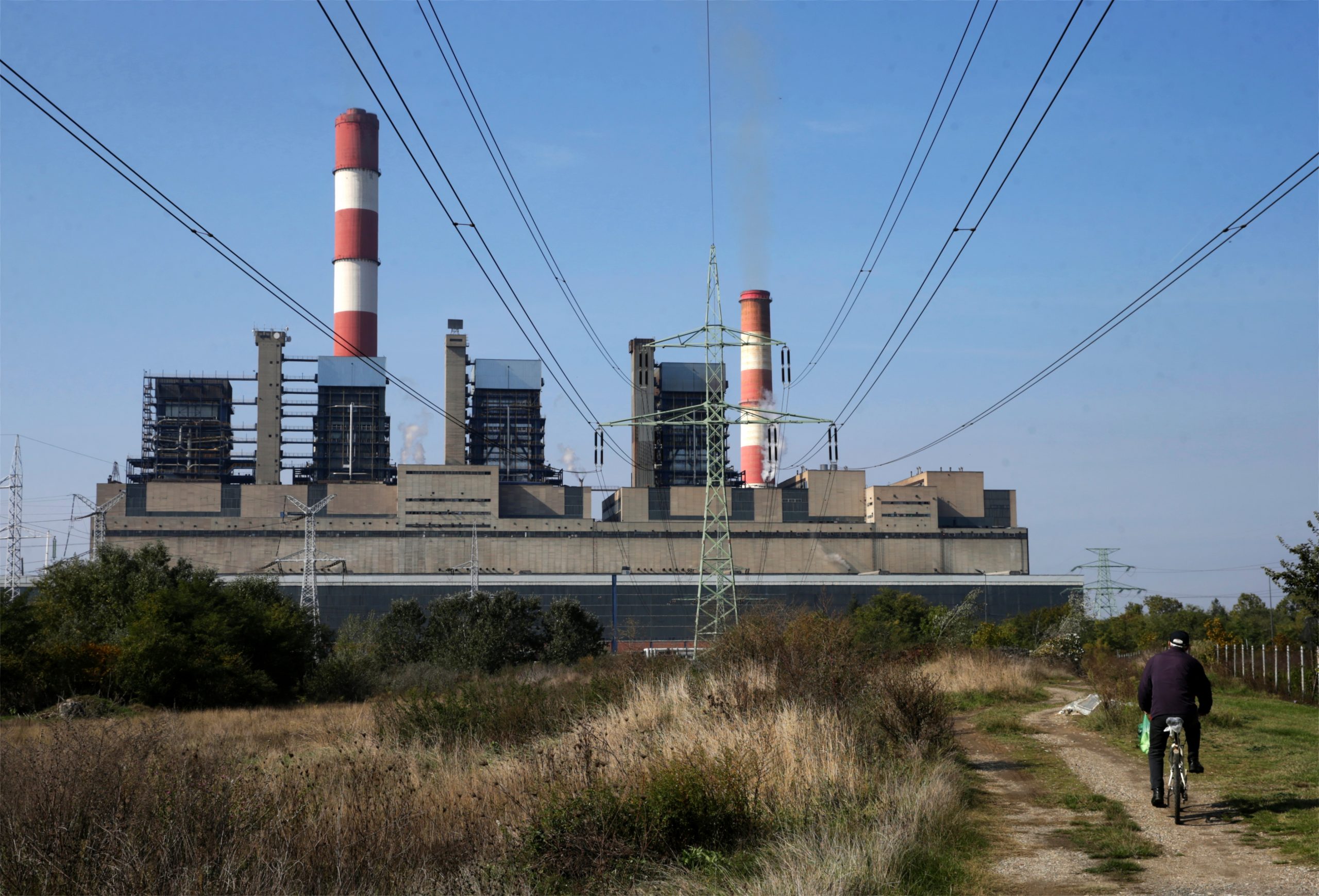Asim Kadic shouldn’t be standing in a queue, but his bank needs paper confirmation of his identity and address.
“In the 21st century, we are still struggling with papers and stamps and it’s the age of modern technologies and the Internet,” he said.
Sixty-one years-old, Kadic had travelled back to his native Bosnia and Herzegovina from Slovenia, where he works as an electrician, in order to apply for a pension.
At the pension fund, they were able to confirm his identity via the digital form of his Citizen Identification Protection System certificate, or CIPS. But his bank said he had to provide it in printed form, hence why he was standing in a queue in the registry office of his hometown, Tuzla.
The CIPS certificate is proof of address and contains other personal information used for proof of identity.
Nearly a year ago, Bosnian state authorities declared the printed version almost obsolete.
“As of mid-2024, Federation residents will no longer have to bring a CIPS certificate to any bank,” state Transport and Communications Minister Edin Forto announced. Declaring “war on the CIPS certificate”, he said the same would be sought of the Republika Srpska entity.
But even today some institutions in Tuzla are still going through the digital transition. Banks also require the certificate on paper.
The Pension Fund has completed the process.
“I was positively surprised when they told me I did not have to obtain the standard paperwork to apply for pension,” Kadic said.
As for banks, Jasmin Mahmuzic, director of the Federation Banking Agency, said the banking system in the entity had access to the CIPS system a decade ago, but “certain banks” abused it for profit, resulting in a ban.
“Within the existing legal framework, we have tried to solve the problem, but no progress has been made for now,” Mahmuzic told BIRN. “Our proposal is that we carry out verification on behalf of banks, but to date it has not been approved.”

Graphic: BIRN.
Legal entities denied access to data
Bosnia’s Agency for Identification of Documents, Registers and Data Exchange, IDDEA, confirmed that banks are not allowed access.
“Unfortunately, access by legal entities, such as banks, telecom operators and the like, is not possible, given that the Agency for Personal Data Protection of Bosnia and Herzegovina prohibited access to legal entities by its decision in 2017,” said Amela Talic, a senior expert associate for administrative procedures and normative affairs at IDDEEA.
“IDDEEA is obliged to act in accordance with the Law on Personal Data Protection of Bosnia and Herzegovina, so it cannot provide legal entities access to the data.”
Tuzla is still going through the digital transition.
“That should make things much easier for the public, especially when it comes to city grants, for which CIPS has been required to date,” said the City Administration.
The procedure for those applying for pensions or disability allowance was made easier in May.
“Citizens will no longer be obliged to attach to their application a certificate of residence, i.e. CIPS certificate, birth certificate and certificate of citizenship,” said the Federation Institute for Pension and Disability Insurance.
It described the process as “a fight for an administration without paper and without waiting in lines”.
According to IDDEA, a significant number of institutions at all levels of government in Bosnia have gained permanent access to databases managed by the Agency, but it said it was difficult to know why others were not taking advantage of the system.
“IDDEEA has provided the preconditions for digitalisation and it is up to other institutions to ensure the possibility of submitting applications electronically, enabling citizens to more easily exercise their rights before those institutions,” said IDDEA director Almir Badnjevic.
“Although we do not have precise data on savings, it is obvious that digitalisation significantly saves time and money for citizens, reducing the need to physically go to institutions and wait in lines.”
“Unfortunately, we cannot say precisely why some institutions still do not use these opportunities,” Badnjevic told BIRN. “IDDEEA is doing everything in its power to point out to all institutions through direct calls as well as through the media, the advantages of constant access by institutions and benefits – both for institutions and citizens.”

Almir Badnjevic, director of IDDEEA, gives a speech at a ‘Digital Transition’ event in Sarajevo in May. Photo: IDDEEA.
Security questions
Digitalisation poses new challenges in terms of data security. Aleksandar Mastilovic, an expert in digital transformation, said cyber security needs to be improved in the country.
“There are examples of data leaks and successful attacks on digital systems of administrative bodies in Bosnia and Herzegovina, like, for example, data leakage from civil registry books of Centre Sarajevo Municipality, data leakage from the health information system of Republika Srpska and ‘ransomware’ attack on the Parliamentary Assembly of Bosnia and Herzegovina in September 2022, which put the institution out of operation for two weeks,” he told BIRN.
“As the digitalisation progresses, there will be more and more such examples, and the risk itself will grow proportionally.”
The IDDEA said it was alert to the threat but called for legislative solutions.
“Clear laws and policies are necessary to define the appropriate use and storage of data,” said Badnjevic.
When it comes to banks in Bosnia, the IDDEA said it plans to develop a system to digitalise the data exchange process, particularly in terms of occasional access, which may provide a solution for banks.
Currently, said Talic, the biggest users include the tax authority, pension funds, health insurance institutes, employment offices and civil registry offices, the Banking Agency of the Federation, inspections, courts, municipalities and city authorities.
Badnjevic said that complete digitalisation would require legislative changes as well as greater technical capacity within public bodies.
“There is a visible trend towards an increasing digitalisation, and we can expect the process to speed up in the coming years,” he said. “Additionally, it is important to note that successful digitalisation requires not only technical preconditions, but also the education of officials.”
























